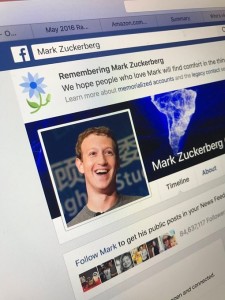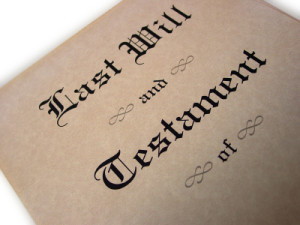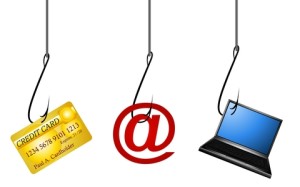 First of all, what is estate planning? It’s the process people follow to protect their estate and their family in case of their incapacitation or death. It includes such things as writing a will, naming a guardian for an surviving minors in the family, creating trust accounts, naming an executor for the estate and setting up a durable power of attorney.
First of all, what is estate planning? It’s the process people follow to protect their estate and their family in case of their incapacitation or death. It includes such things as writing a will, naming a guardian for an surviving minors in the family, creating trust accounts, naming an executor for the estate and setting up a durable power of attorney.
Traditional estate planning can be quite expensive and many people can’t afford it so they are turning to an online option – the virtual legal service. For example, a traditionally written will can cost between $500 and $1,000 to prepare. An online version can be done for an average of $60, a much more affordable choice.
Here are three questions to ask yourself before you decide whether the online option is a good choice for you.
- Do I have a simple situation?
If you don’t have any minor children and your estate is relatively small, you probably could use an online service such as Rocket Lawyer. - How big is my estate?
If you have assets and insurance in excess of the current estate tax exemption ($5.45 million per individual in 2016) the online option probably is not for you. You would do better to work with an estate planning professional who will help you evaluate the ways you can leave money to your beneficiaries while minimizing estate taxes. This could include setting up a trust that would minimize taxes and avoid probate. - Do I need expert legal advice?
Even with a small estate, you may have special circumstances that require expert legal advice. For example, if you are part of a blended family, own property outside of your state or have a disabled family member, online planning may not be for you. You may need to speak with an attorney to discuss your specific needs and to work with that expert to create a plan that meets your needs.Although online estate planning is a good choice for many, make sure you consider your current situation, the size of your estate and your other circumstances. Then decide whether hiring an estate planning attorney is the best option for you or whether you can comfortably go the online route.
For more information about estate planning, check out our website www.diesmart.com.




